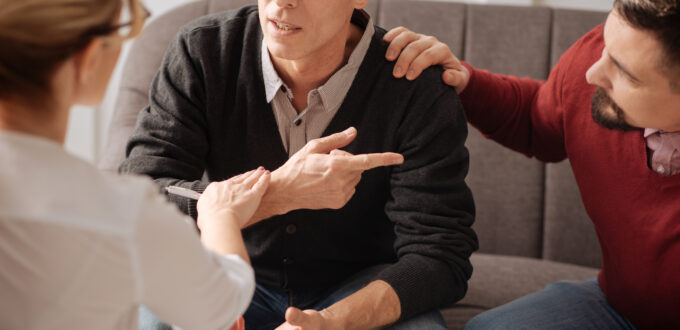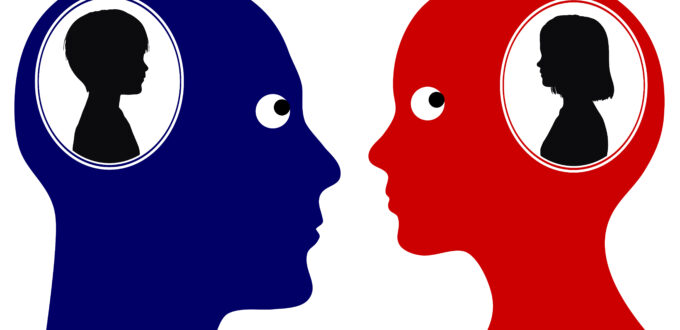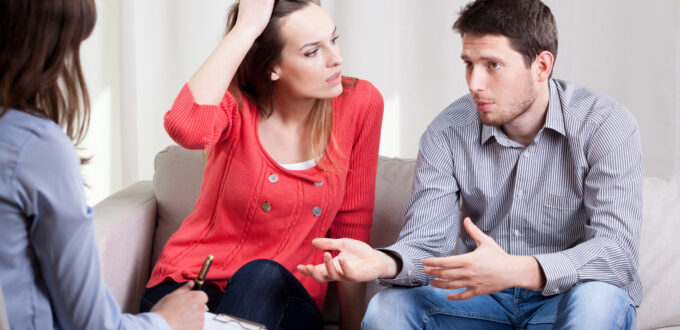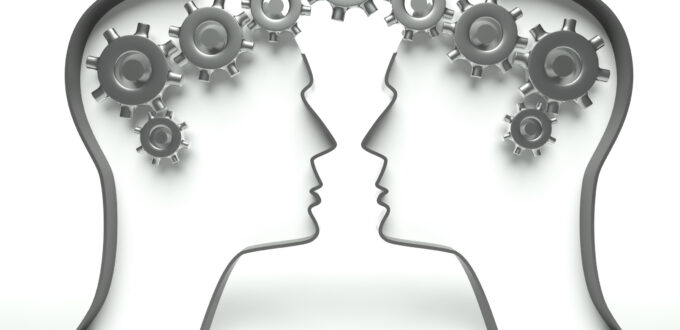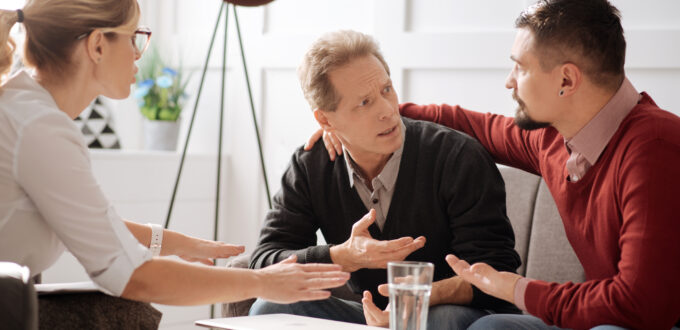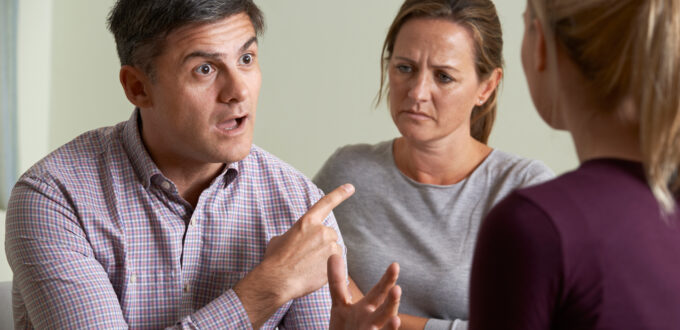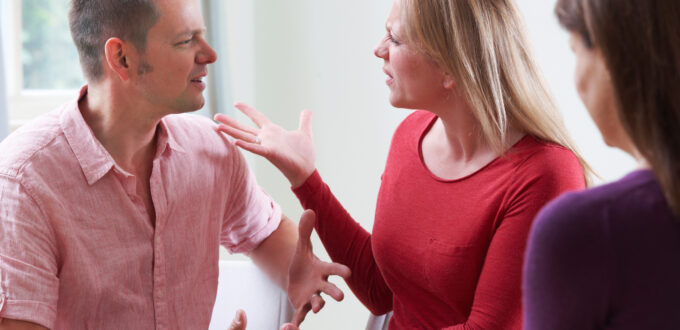Couples come to see us to help them resolve their conflicts — not to create growth. But if we stop at attempting to help them resolve their present-day conflicts without moving on to creating growth, we have cheated our clients out of at least half of the potential of couple treatment. Neurodynamic Couples Therapy is […]
In 2009, the South Carolina governor reportedly “disappeared” for a few days. It was later discovered that he had been with his mistress in Argentina. In one of his former wife’s interviews on a news talk show, she described their therapy together after his return. She said that she could recall the moment in their […]
Early in the development of family therapy theory, authors used the term “identified patient” to describe the family member whose behavior brings a family into treatment. This is usually one of the children, but not always. It is the person who has acted out enough to cause the parents to seek help or to get […]
As students, those of us who were pursuing a career as psychodynamic psychotherapists learned about the repetition compulsion. The Oxford Reference (www.oxfordreference.com) defines this phenomenon as “a tendency to place oneself in dangerous or distressing situations that repeat similar experiences from the past.” Webster’s Seventh New Collegiate Dictionary describes a compulsion as “an irresistible impulse […]
All psychotherapists know the importance of language. We pay close attention to exactly what our clients say and how they say it. In this post, I will share a case that illustrates how the perfect language of couples’ complaints provide the roadmap for their treatment. The wife begins a session: “I can’t stop being angry at him. […]
Most forms of couples therapy are focused on resolving conflicts in the present-day lives of couples who seek treatment. Some methods do delve into the historical antecedents of those conflicts, but their primary goal remains helping couples meet their current needs. Neurodynamic Couples Therapy is based on the belief that the intractable, chronically unresolved conflicts […]
Most forms of psychotherapy require that the therapist perform a “delicate balancing act” between competing forces. Some authors refer to this skill as dialectical thinking–the ability to mentally (and emotionally) hold seemingly opposite factors in dynamic tension in service of moving a system toward higher functioning. In Neurodynamic Couples Therapy, there are primarily three areas […]
A frequent complaint that therapists hear from couples when they enter treatment is that they have felt hurt by each other. They want to tell us all about the pain that their partner has inflicted on them, and they often seem to want the therapist to declare which one of them has been the “most” […]
At the end of my last post, I wrote about the shame connected to childhood abuse that must be relived in couple relationships. Couples in which one or both partners were victims of childhood abuse will likely also be reliving terror. Terror is the feeling that leads to a flight or freeze response. The victim experiences […]



